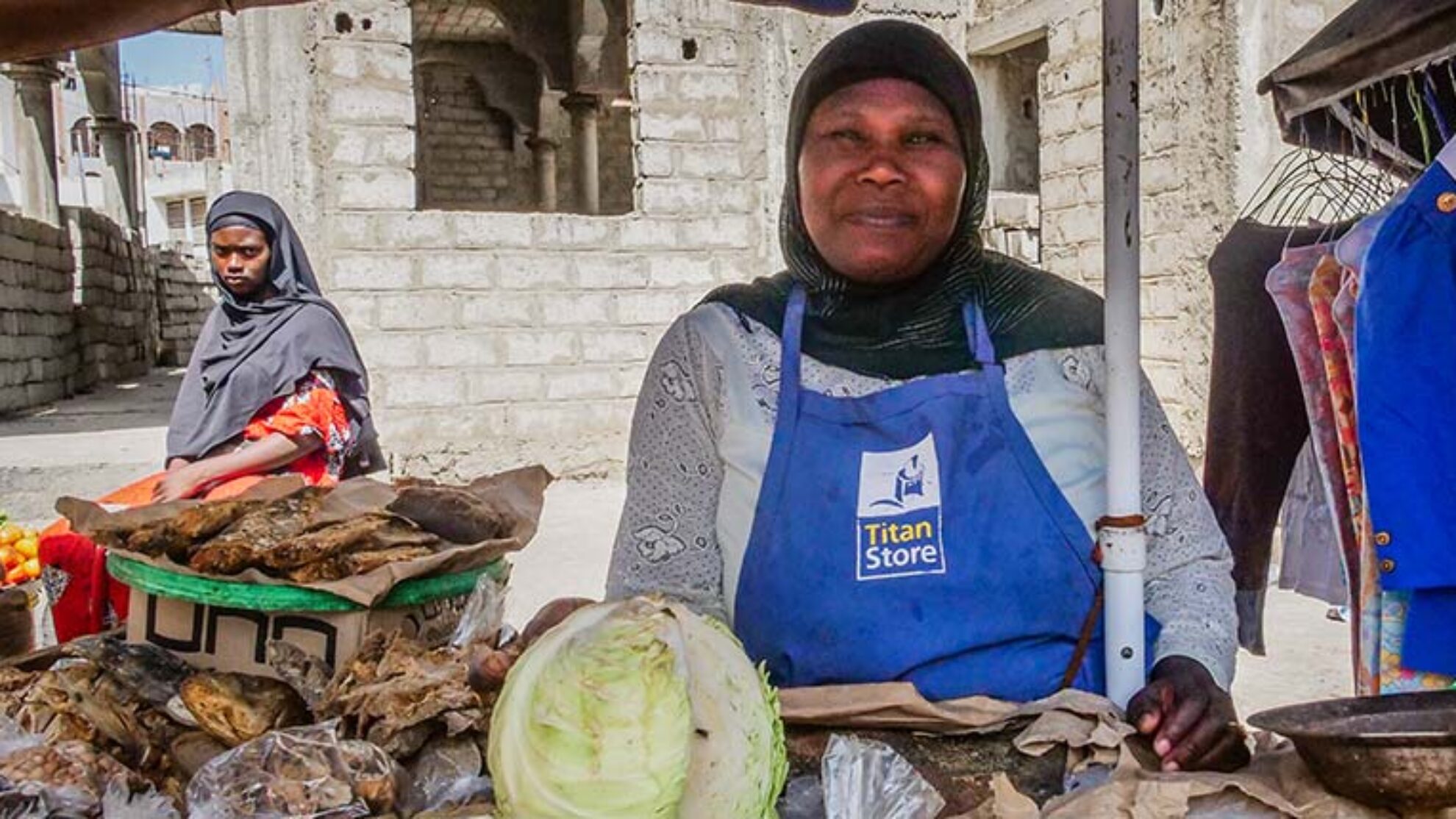Dame Badiane has been unemployed since Dakar’s police evicted him and around 3,000 other street vendors from the Petersen Market on the night of March 4, 2023. He had been working as a street vendor in Dakar since 1994, when he left his home village, Lamaram, in Senegal's Kaolack region, as he was no longer able to make a living from his farming activities.
Badiane, who now chairs the Petersen Street Vendors’ Association, explains the situation: “[Street vendors] are at risk of being destitute as they have nowhere else to go. They are the sole breadwinners of their families back in their home villages, and their families have pinned their hopes on them.”
Since the beginning of 2023, there has been a surge in evictions, reaching other city districts in the capital. The reason behind these evictions is the ongoing urban development projects aiming—in the words of President Macky Sall—to make Dakar a “clean city” and to achieve the government’s Zero Waste Program goals (Programme Zéro Déchet, launched in 2019). In his Address to the Nation on December 31, 2019, Sall called for “a national and citizen mobilization against the unhealthiness and the anarchic occupation of the streets.”
Another urban development project, the Bus Rapid Transit, is to pass through the Petersen Market in the Dakar Plateau district, which is not only the administrative and economic hub of the capital but also a traditional place for street vending.
“If the authorities refuse to let us work in the streets, they must find other solutions and provide us with sites where we can keep working,” Badiane demands.
Street vendors accuse national and local authorities of having shown a total lack of transparency and having failed to include them so far in the decision-making process on urban development plans, even though street vendors are actors in the city’s fabric who cannot be overlooked.
Newly elected in January 2022, the mayor of Dakar Plateau ordered the first evictions on Petersen Street in anticipation of public works for the Bus Rapid Transit.
The authorities have proposed financial compensation based on a census, which is, however, contested by street vendors because it seems to exclude most of them. In addition, the authorities are proposing to relocate them to recently built shopping centres, which are poorly accessible to street vendors’ traditional customers given the geographic location.
If the authorities refuse to let us work in the streets, they must find other solutions and provide us with sites where we can keep working
Faced with the loss of their livelihood, street vendors in Dakar have organized. They created the Platform of Informal Sector Actors (PASI, Plateforme des Acteurs du Secteur Informel) on March 21, 2022, to weigh in on negotiations and find an authorized and decent space to carry on with their work.
The PASI platform comprises 17 organizations, including the historic Pedlars’ Partnership for Development (SYMAD, Synergie des Marchands Ambulants pour le Développement) and grassroots organizations in several Dakar districts. One trade union participating in the PASI platform, the SYNATREIN, is affiliated with the National Confederation of Senegal’s Workers (CNTS, by its French acronym).
These organizations are committed to working together to federate and speak for all workers who vend in public spaces. The goal is for the many existing organizations to avoid becoming obstacles in future mobilizations seeking to defend their rights.
To find a way out of the crisis, street vendors have already pinpointed private plots of land for sale in several locations around the city, where they could carry on with their work. Through the PASI platform, they have asked city authorities to vouch for the purchase. But so far, meetings with the authorities and all attempts at dialogue have resulted in unfulfilled promises.
Yet, numerous case studies conducted by WIEGO have shown that forced evictions are counterproductive, recommending instead three main lines of action for public authorities:
- Learn more about street vending to understand supply chains better and how street vendor organizations operate to reach improved consensus decisions.
- Create statutory social dialogue structures with street vendors with regular meetings to find solutions jointly.
- Equip street vendors with adequate resources and plan with reasonable timeframes.
